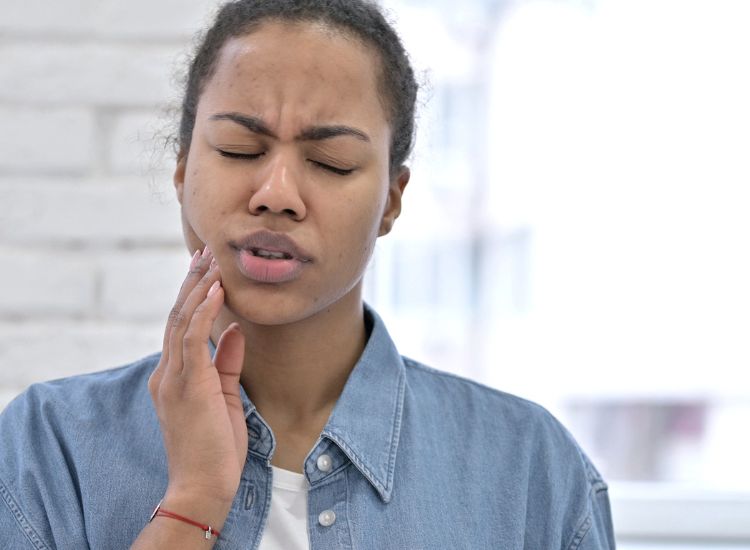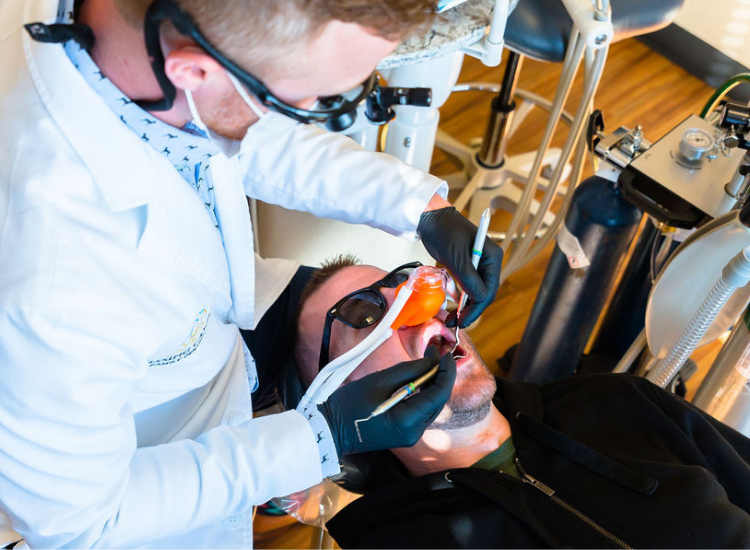The Role of Root Canal Therapy
The Role of Root Canal Therapy in Preserving Your Natural Smile: Expert Insights from Kissing Camels Family Dentistry
When it comes to preserving a natural smile, the experts at Kissing Camels Family Dentistry in Colorado Springs understand the importance of root canal therapy. Root canals, often misunderstood, play a crucial role in saving teeth from decay, infection, and potential loss.
Understanding the Essence of Root Canal Therapy
Root canal therapy, commonly called a “root canal,” treats infections and preserves teeth from decay. Infected or inflamed tooth pulp causes severe pain and compromises overall tooth health. Root canal therapy is a precise and effective solution to address these issues, allowing patients to retain their natural teeth.
Pain Relief and Immediate Comfort
Contrary to common belief, root canal therapy is not a painful experience. In fact, it is the remedy for the pain caused by an infected or inflamed tooth. At Kissing Camels, our skilled team employs advanced techniques and anesthesia to ensure your comfort during the procedure. Root canal therapy provides immediate relief from toothache and eliminates the source of pain.
Preserving Natural Teeth
One of the primary objectives of root canal therapy is to preserve natural teeth. Instead of opting for tooth extraction, which may lead to the need for tooth replacement options like dental implants, root canal therapy allows patients to keep their original teeth. Preserving teeth not only maintains smile aesthetics but also contributes to long-term oral health and stability.
Comprehensive Smile Analysis
At Kissing Camels Family Dentistry, our approach to root canal therapy begins with a comprehensive smile analysis. Our skilled team assesses the condition of the infected tooth, ensuring an accurate diagnosis and a tailored treatment plan. Our personalized approach ensures successful root canal therapy, aligning with our commitment to excellence as the Best Dentist in Colorado Springs.
Seamless Integration with Dental Implants
In cases of severely compromised tooth structure, Kissing Camels excels in seamlessly integrating root canal therapy with dental implant procedures. Dental implants, another specialty offered by Kissing Camels in Colorado Springs, provide a durable and natural-looking solution for missing teeth. Combining root canal therapy and dental implants ensures a comprehensive restoration of both health and aesthetics for your smile.
Expertise and State-of-the-Art Technology
Root canal therapy at Kissing Camels Family Dentistry is performed with a blend of expertise and state-of-the-art technology. Our skilled practitioners use advanced equipment for precise and efficient root canal procedures, including rotary instruments and digital imaging. This commitment to excellence solidifies our reputation as the go-to choice for root canal therapy in Colorado Springs.
Patient-Centric Care and Education
At Kissing Camels, patient-centric care is at the core of our philosophy. We prioritize educating our patients about the importance of root canal therapy and dispelling any myths surrounding the procedure. Our team addresses concerns, answers questions, and ensures each patient feels confident and informed about their dental treatment.
Post-Treatment Follow-Up
Root canal therapy doesn’t end with the procedure. Kissing Camels Family Dentistry emphasizes post-treatment follow-up to monitor the healing process and address any concerns. This comprehensive care extends beyond the chair, demonstrating our commitment to your long-term oral health and satisfaction.
Contact Us Today! Kissing Camels, Your Partner in Dental Wellness
Root canal therapy at Kissing Camels Family Dentistry is more than just a procedure; it’s a lifeline for saving smiles. As the Best Dentist in Colorado Springs, our commitment to excellence, personalized care, and cutting-edge technology make us the ideal choice for root canal therapy and comprehensive dental wellness. Contact us today to schedule a consultation and experience the Kissing Camels difference – where expertise and compassion converge to preserve your natural smile.











